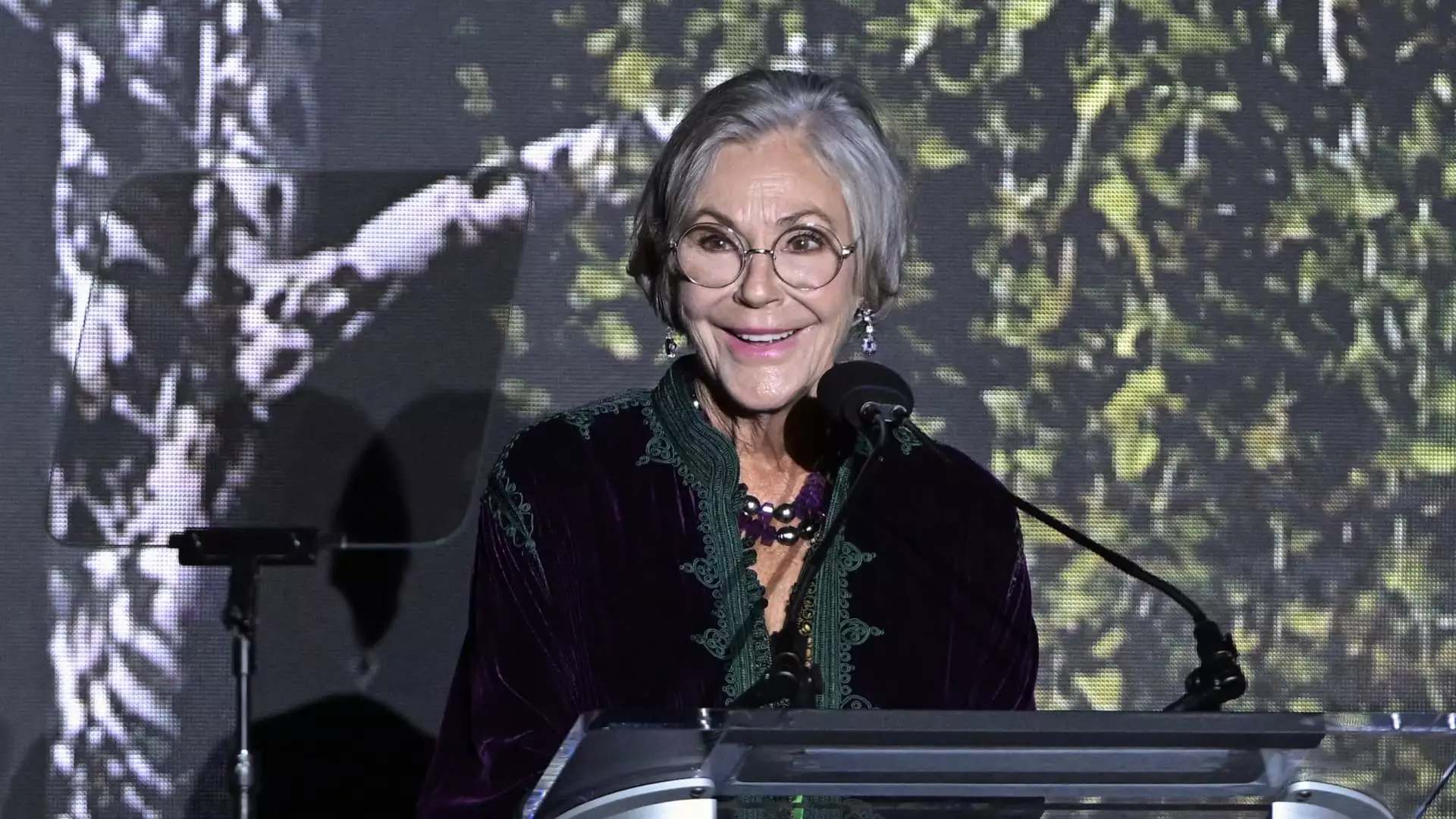The landscape of global wealth is witnessing a significant transformation as women increasingly influence the ranks of the ultra-wealthy. According to recent data from the Altrata Billionaire Census, women now constitute 13% of the world’s billionaires, amounting to 431 individuals within a total of 3,323 billionaires. While this percentage may initially appear modest, it signifies a burgeoning trend over the past decade. The gradual ascent of women in this exclusive club reflects not only the success of female entrepreneurship but also changes in cultural attitudes and the dynamics surrounding wealth transfer across generations.
The report indicates that factors such as the growth of female-led businesses and evolving societal norms catalyze this demographic shift. One of the most significant drivers remains inheritance, as three-quarters of female billionaires have inherited at least part of their wealth. This stands in stark contrast to their male counterparts; only 5% of male billionaires can attribute their fortunes solely to inherited wealth. This disparity suggests not only a difference in societal norms and opportunities for women but also highlights the unique paths many women take to wealth accumulation.
The Influence of Inheritance on Philanthropy
The trends of wealth and philanthropy among female billionaires reveal intriguing insights into their motivations. Reports indicate that a considerable portion of these women dedicates their time and resources to charitable endeavors. Notably, nearly 20% of female billionaires allocate a significant portion of their professional effort to nonprofit organizations, a stark contrast to only 5% of male billionaires. This emphasis on social causes is largely tied to the pattern of wealth inheritance, where women, often less involved in commercial enterprises, have the flexibility to engage in philanthropic activities more freely.
The connection between inherited wealth and philanthropic engagement underscores a deeper societal impact. As women inherit substantial assets, they often carry a vested interest in addressing social issues, welfare, and justice. A focus on these areas not only enriches their philanthropic pursuits but also allows them to shape the narrative of wealth from one focused solely on profit to one also concerned with societal betterment.
The financial portfolios of female billionaires also highlight distinct preferences in asset management. A significant portion of their wealth remains tied to private holdings—35% compared to 28% for their male counterparts. Furthermore, women exhibit a greater inclination towards liquid assets and cash, possessing 39% of their wealth in readily available forms, as opposed to 30% for men. This difference may stem from the nature of inherited fortunes, which commonly include stakes in private enterprises, contrasting with the tech-centric wealth of many male billionaires who have built public companies.
Notably, female billionaires also showcase a remarkable affinity for luxury real estate and art. Statistically, they are 1.5 times more likely to own real estate valued over $10 million. Conversely, male billionaires are more inclined to invest in tangible assets like yachts, private jets, and high-end automobiles—making them 3.8 times more likely to own a car worth over $1 million. Such disparities in spending not only reflect differences in lifestyle choices but also indicate contrasting values and priorities between genders in the sphere of wealth management.
Beyond financial pursuits, the interests of billionaire women and men diverge sharply. For female billionaires, philanthropy reigns supreme as the most popular hobby, with an impressive 71% citing it as a primary interest. In contrast, sports emerge as the leading hobby for men, also at 71%. This stark contrast offers deeper insights into how wealth shapes personal pursuits, revealing a more profound commitment among women to use their resources for social good, while men tend to gravitate towards competitive and recreational activities.
Additionally, women display a penchant for art, education, and travel, whereas men frequently lean towards aviation, outdoor activities, and politics. This gender-based difference in prioritizing interests raises questions about societal influences and suggests that engagement in philanthropy and the arts by female billionaires could inspire a new generation towards a more holistic approach to wealth.
The evolving dynamics of wealth among billionaires reveal a significant gender divide marked by the impact of inheritance on philanthropy and financial decisions. As women solidify their presence in the billionaire class, their unique contributions to society through charitable engagements and distinct asset management strategies continue to shape the future of wealth.

